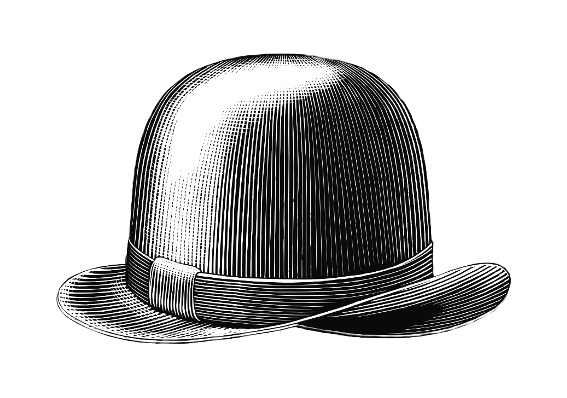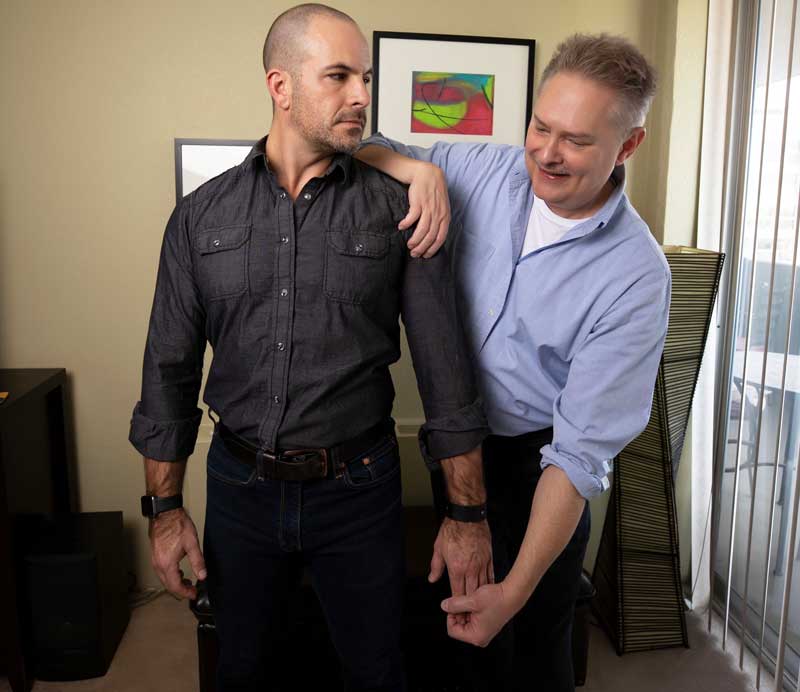What is the Alexander Technique


Take Care of Yourself First
“The only thing you have to offer another human being, ever, is your own state of being.” (Ram Dass)
We aspire to be a whole person. The art of self-care is active—to practice your presence. A new examination of one’s thought process can propel a life-long exploration of one’s bodily use and relationship to the world. To do this requires a cultivation of one of the most important facets of our life—that of awareness.
Sometimes we are not mindful of our bodies. We carry on with our professional lives in relative comfort until we begin to suspect something isn’t working quite right. We become anxious if our movement or physical ability is even slightly diminished. Often, our first thought is, “What is physically wrong with me, and how can I get it fixed?”
The Well of Awareness
Awareness is indeed a “well”—a plentiful source or supply. When we cultivate our awareness, we truly have an infinite reservoir of knowledge. And that knowledge allows us to be malleable and pliable, rather than rigid and inflexible. A heightened sense of awareness awakens our intuition and bestows an informed relationship to the ever-changing world.
AT work is powerful because it is a method of thinking in activity. And cultivating a new way of thinking in activity results in ease and efficiency in movement. One needs to embrace this unfettered means of thought with zeal of intent and sincerity. And that avidity and ardency is the “bucket” that gathers from the well of intuition, creativity, and imagination—all together, at the same time. Awareness is the well of boundless potential.
Brief Description of the Alexander Technique
F. M. Alexander (1869-1955) left his native Tasmania to pursue a career as a professional orator in Melbourne, Australia. During this time, there were no electronic means of amplification, and he found that he abused his speaking voice to such an extent that he became increasingly hoarse and could barely speak by the end of a recitation.
Even after long periods of vocal rest, his voice still would not function properly. Wisely he concluded that he must be doing something physically to interfere with his natural vocalization. He spent approximately ten years observing himself in mirrors and studying human anatomy. During his study, he noticed that he had developed certain physical habits of misuse that resulted in poor vocal production. When he tried to “fix” his habits of tension, it only resulted in further vocal strain. The “aha” moment came when he noticed that he tensed his neck and held his breathing muscles at the moment he thought about speaking. Just the intent of thinking about speaking initiated his habits of misuse.
Alexander concluded that his patterns of tension and misuse could be minimized by giving himself mental directions. He realized that human beings interfere with their natural construction and movement. The principles of his work provide the means whereby individuals can attain greater poise, coordination, and balance by using the appropriate amount of energy and releasing unnecessary tension.

Seen here working with a student to release tension throughout the arm. Notice the difference in length between the two. (Photo by Brian Degenfelder)
“Dr. Hensel is a profoundly effective teacher of the Alexander Technique. The proof of that statement is evident in both my own work as an actor and teacher and in the results I have seen in my students. Not only does Dr. Hensel help students quickly identify ingrained habits that perhaps could be re-evaluated for efficiency and ease, but he is also a joy to work with. A consummate artist himself, he innately understands the need for the creative space and process to remain joyous and free. And that is exactly what he brings into every session.”
